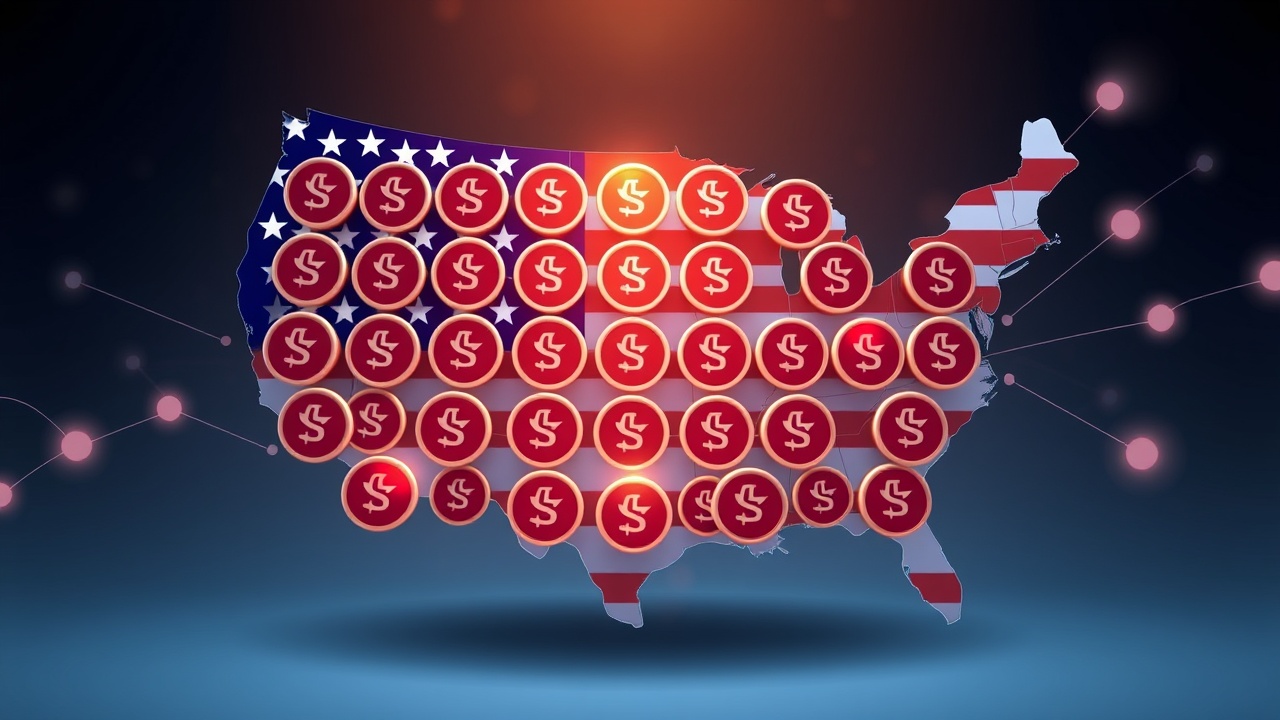1Money Secures Regulatory Licenses for Stablecoin Operations
1Money, a startup focused on developing a layer-1 blockchain specifically for stablecoin transactions, has successfully obtained a total of 34 money transmitter licenses in the United States, alongside a Class F digital asset business license from the Bermuda Monetary Authority. Announced on Thursday, the firm intends to offer a comprehensive suite of services aimed at facilitating global stablecoin operations through its licensed entities. This includes a dedicated blockchain protocol, orchestration services, and various compliant fiat solutions.
Empowering Stablecoin and RWA Issuers
With its extensive regulatory framework, 1Money is positioned to assist both stablecoin and real-world asset (RWA) issuers. This will empower users to mint stablecoins and RWA tokens and seamlessly integrate these assets with conventional banking systems. According to co-founder and CEO Brian Shroder, the obtained licenses are instrumental in enabling the organization to efficiently manage stablecoin transactions across traditional financial systems and emerging blockchain networks.
Growing Interest in Stablecoin Payments
The growing interest in stablecoin payments has been evident this summer, with recent statistics indicating a significant rise in their adoption. Between January 2023 and February 2025, stablecoin transactions soared to $94.2 billion, showcasing their reliability as a digital payment method. An executive survey conducted in mid-May revealed that 90% of respondents from banks, financial institutions, fintech sectors, and payment gateways are either utilizing stablecoins or actively considering their use.
Corporate Adoption of Stablecoins
Notably, major corporations have begun embracing stablecoins for payments. In June, e-commerce platform Shopify gave early access to stablecoin payments in collaboration with Coinbase using Circle’s USDC. Meanwhile, Visa announced in recent months that it expanded its stablecoin integration on its settlement platform, inclusive of the Global Dollar, PayPal USD, and Euro Coin stablecoins. Mastercard, too, has taken steps to advance USDC’s applicability through partnerships with Circle and Finastra, thereby broadening its reach to merchants and banking institutions globally. Additionally, in May, Stripe launched stablecoin-powered accounts for its clients in over 100 countries, further emphasizing the mainstream acceptance of these digital currencies.




